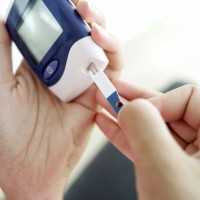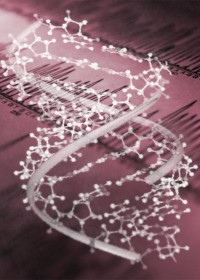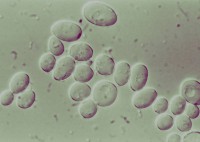
With more information about cancer, people can make better decisions regarding their health. Considering the evidence of a link between increased cancer risks and diabetes, people with high blood sugar have even more reason to start taking action.
The diabetes and cancer connection does not necessarily mean that diabetes itself causes cancer. Rather, scientists believe that people who exhibit high blood sugar — a resting level of 100 mg/dl or greater — tend to be more likely to develop certain forms of cancer.
One reason for the connection: insulin plays an important role in cell growth. With insulin problems, the body may be less equipped to fight the growth of cancer cells.
While the link is still not fully understood, some key medical facts have been established regarding diabetes and cancer:
- High blood sugar levels are believed to increase your cancer risk by up to 15%.
- The link between cancer and diabetes holds true for people who are not overweight.
- People with prediabetes show higher rates for liver, colorectal and stomach cancers.
- Diabetes has also been linked with higher risks of heart disease and other serious conditions.
Whether diabetes has a causal relationship with cancer remains unclear. However, enough evidence has mounted to suggest that risk groups for diabetes likely have higher risk for cancer as well.
If you or a loved one has been diagnosed with prediabetes, consider the potential risk of cancer as another reason to make changes to diet and exercise.
Healthy habits play an important part in the holistic, comprehensive fight against cancer—you can contact us to learn more about advanced therapies and alternative cancer treatments.




